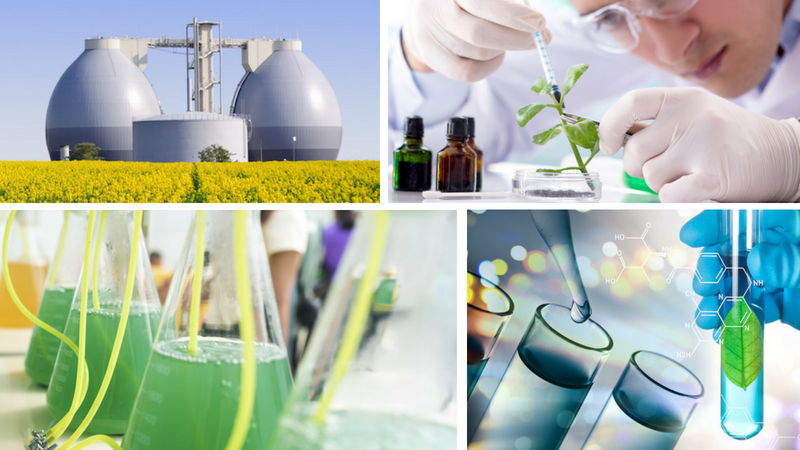In the modern world, where fossil fuels are depleting at an alarming rate and their use is severely polluting our climate, it is crucial that we develop renewable and clean alternatives. White biotechnology utilizes benign microbes and bioengineering techniques to develop sustainable processes and products as a green alternative to traditional chemical methods. This emerging field holds tremendous promise to revolutionize numerous industries and help build a greener future.
What is White Biotechnology?
White biotechnology, also known as industrial biotechnology, utilizes microorganisms like bacteria, fungi and yeast in industrial processes. Through recombinant DNA technology, genetic engineering and metabolic engineering techniques, the innate abilities and metabolic pathways of microbes are harnessed and redirected to synthesize useful products or carry out industrial reactions in a eco-friendly manner.
Areas of Application
White biotechnology finds applications across diverse sectors like agriculture, food processing, renewable energy, chemicals and material manufacturing. Some key areas where it is making an impact include:
Renewable Fuels Production
Microbes can be engineered to efficiently convert renewable biomass sources like agricultural waste, plant matter and algal feedstocks into advanced biofuels like biodiesel, ethanol and butanol. Companies are developing strains of yeast, algae and fungi that can break down non-edible plant materials and synthesize next-gen drop-in biofuels without competing with food crops.
Food Manufacturing
Genetically modified yeast, bacteria and fungi are used to produce essential food ingredients like amino acids, vitamins, organic acids, lipids, cheese and various flavors on an industrial scale. They also help improve food processing methods by enabling novel enzymes for better functionality and sustainability.
Agricultural Biostimulants
Biofertilizers developed using beneficial microbes like nitrogen-fixing bacteria, mycorrhizal fungi and phosphate solubilizing microorganisms help boost crop yields while reducing dependence on chemical fertilizers. They protect plants from diseases and improve soil health.
Renewable Chemicals Production
White biotech facilitates sustainable production of bulk chemicals traditionally made from petroleum via fermentation routes. Companies are engineering organisms to create building block chemicals, bioplastics, solvents and other specialty materials from renewable biomass.
Pharmaceuticals Manufacturing
Microbes offer cost-effective biosynthesis of therapeutics ranging from antibiotics, nucleotides, immunosuppressants, anti-cancer drugs to diagnostic reagents and enzymes. They provide greener methods compared to complex chemical synthesis routes.
Textiles Industry
Genetically modified bacterial strains help produce renewable textile fibers, dyes and finishes from agricultural crops. This has the potential to replace synthetic textiles derived from non-renewable petroleum.
Advancing the Sustainability Agenda
Through the green manufacturing approaches discussed above, white biotechnology actively contributes to reducing fossil fuel dependence and greenhouse gas emissions. By replacing energy-intensive chemical processes with more efficient fermentation methods, it lowers carbon footprint of key industrial sectors.
The microorganisms used in these sustainable processes also help mitigate environmental pollution. For example, bioremediating strains clean up toxic pollutants from soil and water bodies by breaking them down. Overall, white biotechnology accelerates progress towards a bio-based circular economy advocating reuse, reduce and recycle principles.
Challenges and Future Outlook
While white biotechnology offers immense potential, there are certain technical bottlenecks limiting its full-scale commercialization. Strain engineering and fermentation scale-up requires extensive research investments. Public acceptance of genetically modified organisms also needs to be garnered through open communication of benefits.
Looking ahead, the field is expected to grow exponentially aided by advancements in synthetic biology tools like CRISPR for more precise genome editing. Global white biotech market is projected to reach $266 billion by 2025 as adoption rises across industries seeking renewable solutions. With dedicated support from governments and investors, this clean technology can transition us towards a truly sustainable future.



